DALLAS — A Delaware District Court jury ruled in favor of Irish ULCC Ryanair (FR), which accused Booking.com of violating the US Computer Fraud and Abuse Act.
Ryanair claimed it had suffered economic harm by online travel agency’s (OTA) screen scraping activity, which used intermediate software providers to scrape FR's website, a method knowingly implemented with "intent to defraud."
The counterclaims made by Booking.com against FR for defamation, unfair competition, and misleading trade practices were rejected by the jury. But he can an OTA economically harm an airline?

The Issue of OTAs
An OTA usually levies a commission fee on hosts in accordance with the overall booking amount. It deducts, on average, 15% from the total amount charged for all confirmed reservations and non-refundable bookings.
However, a lot of property owners claim that host fees on Booking.com can vary from 10% to 25%. That's 25% more what flyers booking through the airline's website would pay. Since flights might change frequently, Expedia and Booking.com can be a "whole dumpster fire" when it comes to booking flights, according to numerous Reddit accounts.
Ryanair’s CEO Michael O’Leary said, “We expect that this ruling will end the internet piracy and overcharging perpetrated on both airlines and other travel companies.”
“It is unacceptable that global giants like Booking.com have been engaged in these illegal and deceptive practices for many years. We also welcome the Delaware Courts rejection of Booking.com’s counterclaims that they had been defamed by Ryanair when calling them an OTA Pirate.”
Booking.com's released the following statement refarding the ruling, “We are disappointed with the decision, with which we disagree. We maintain that allowing customers to access and compare fares across the travel industry promotes consumer choice, and plan to appeal.”

.jpg)
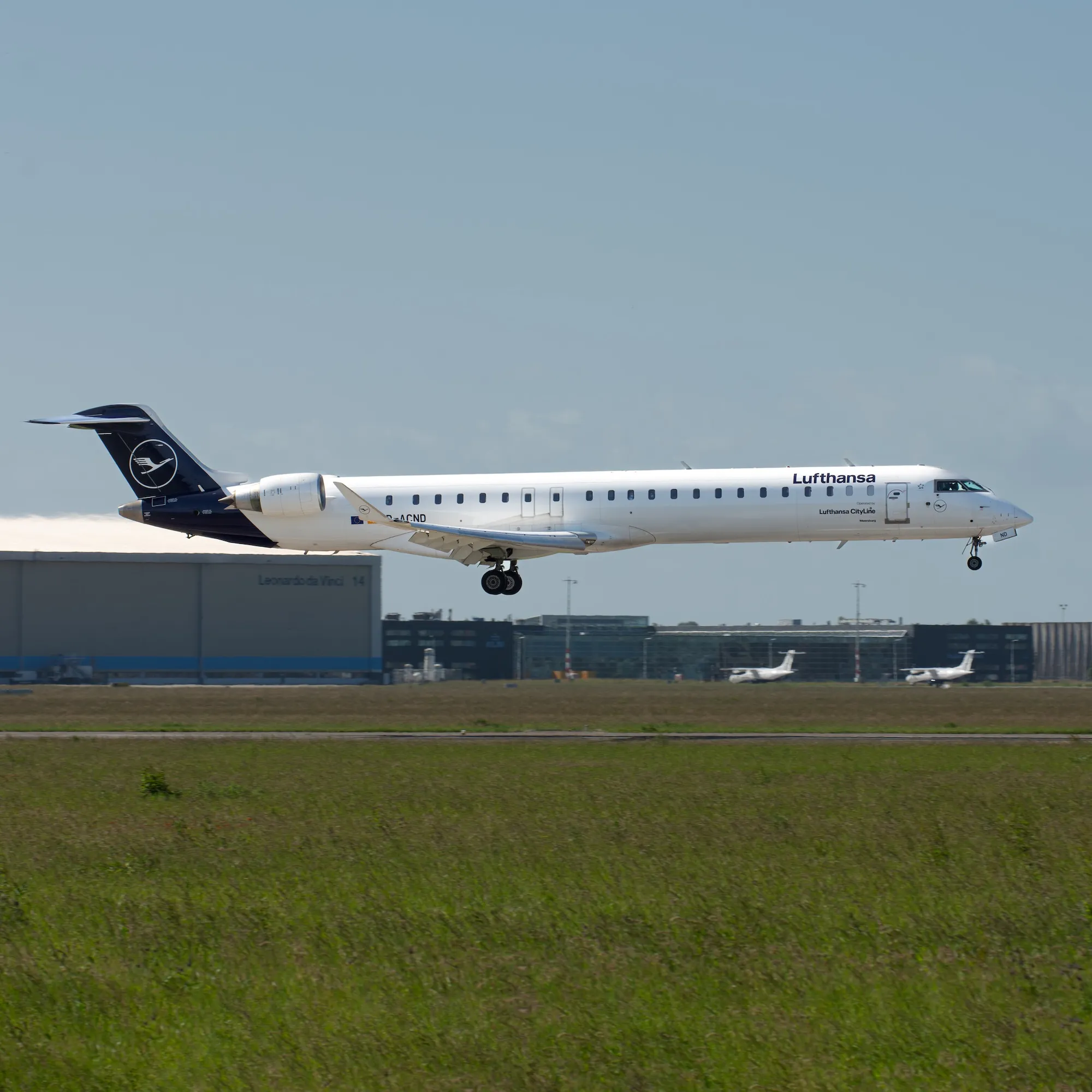
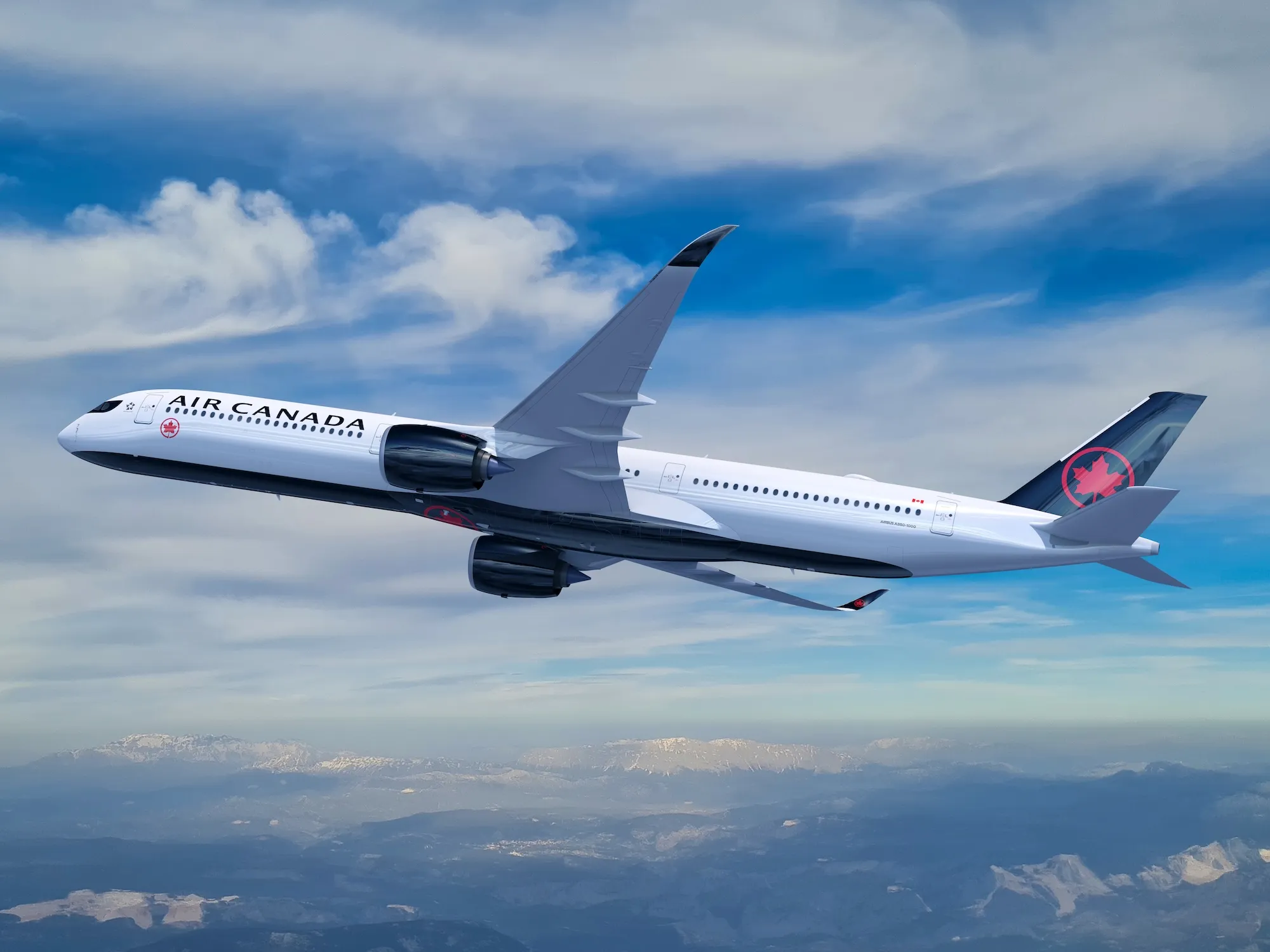
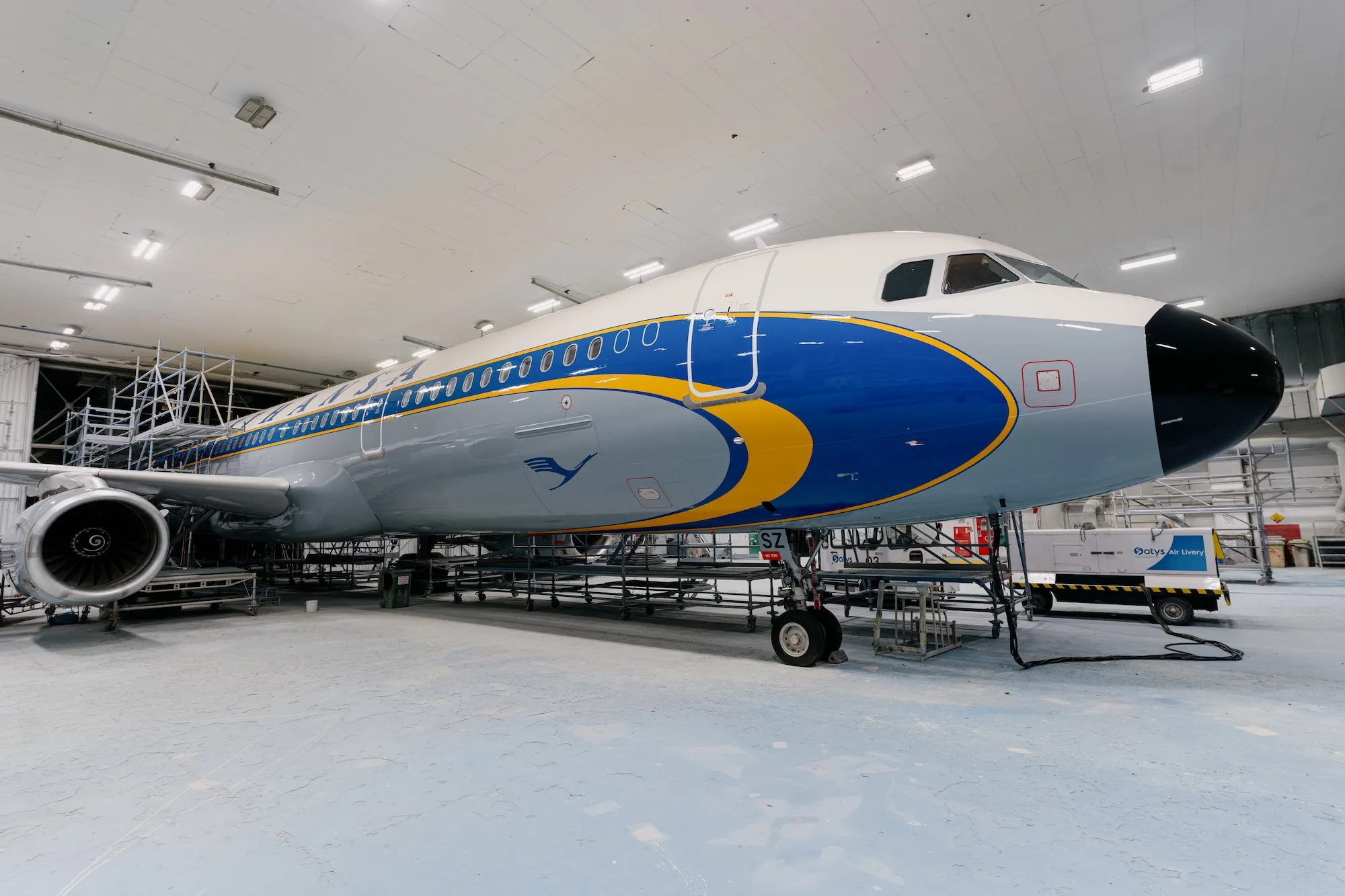
.webp)
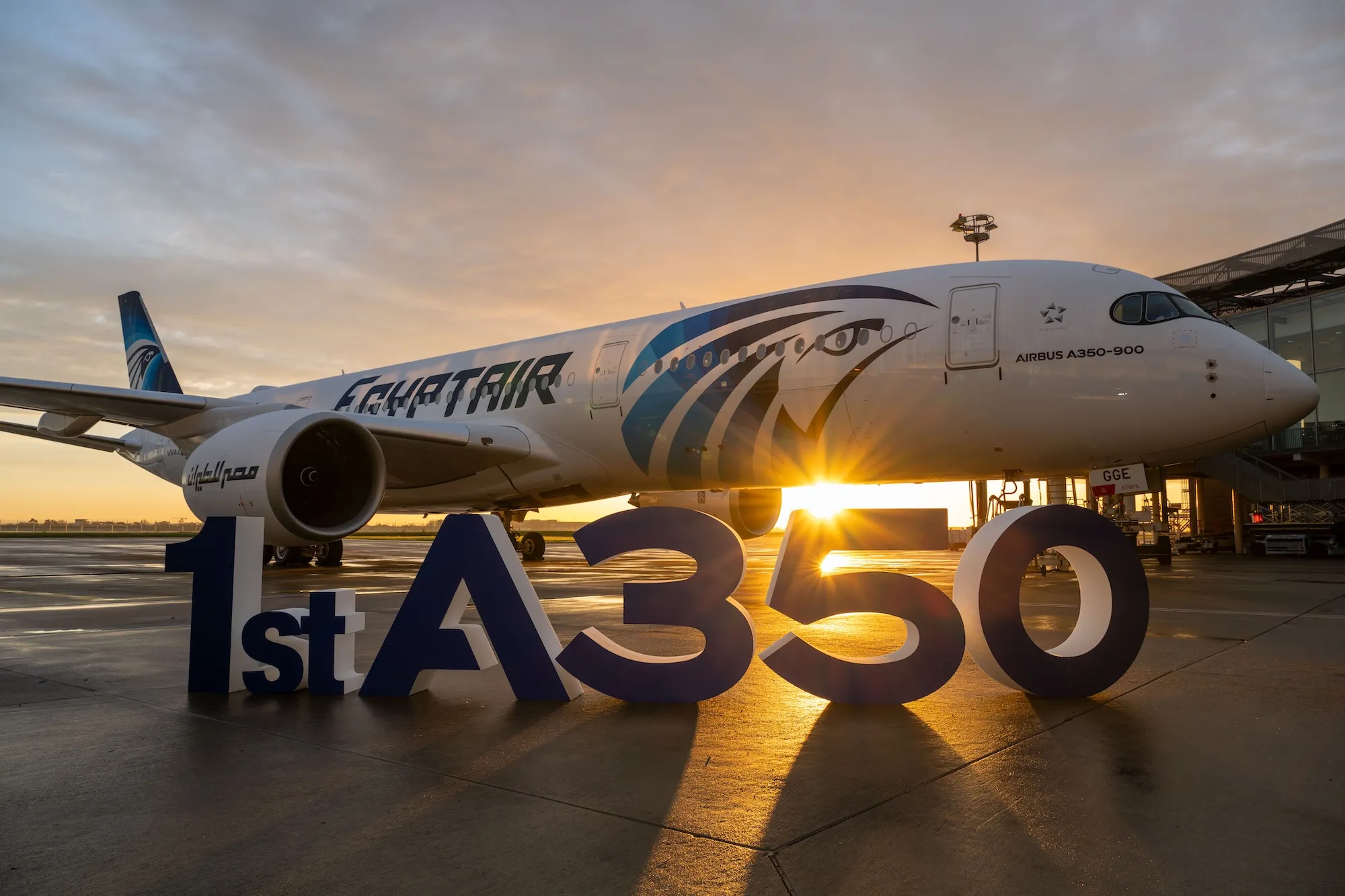
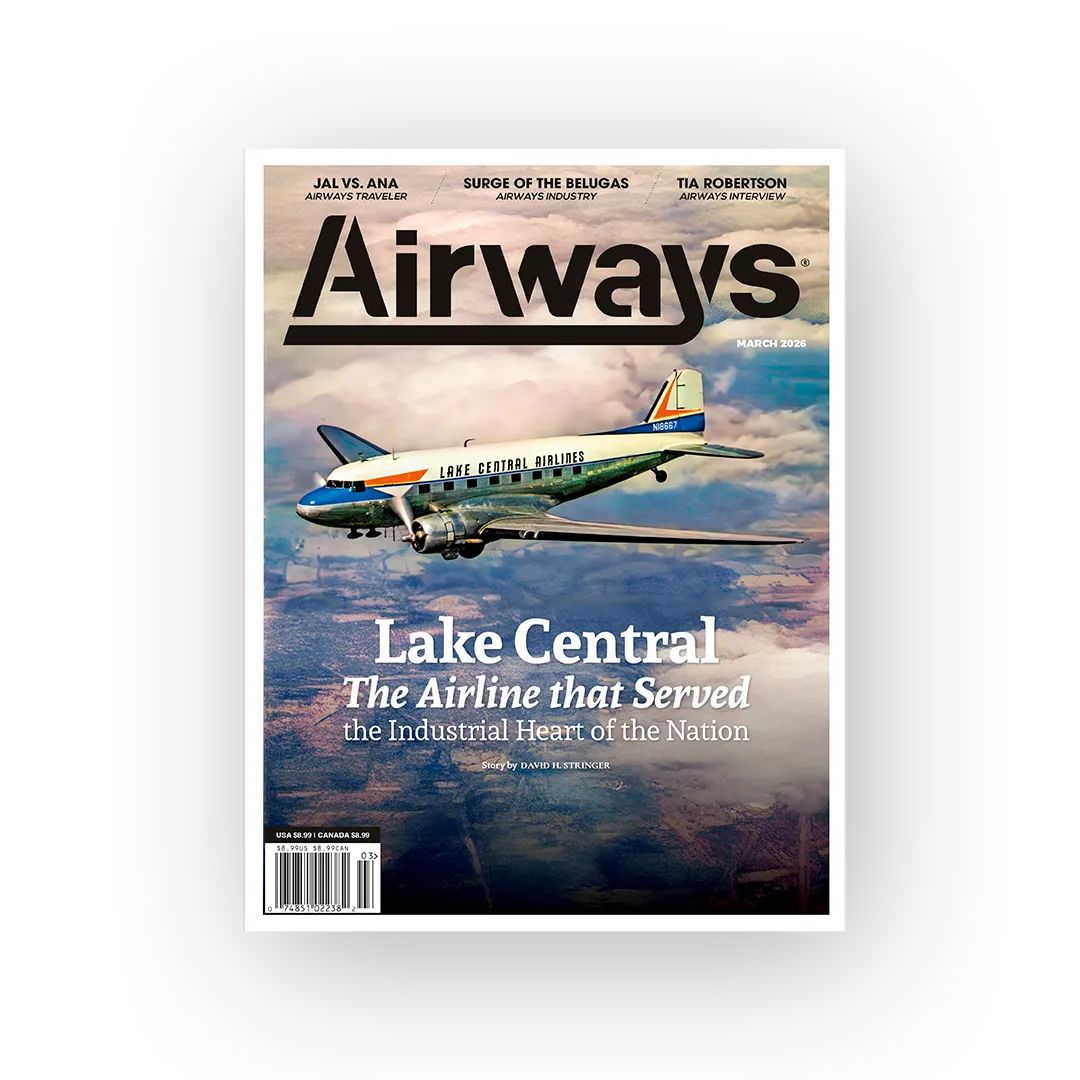

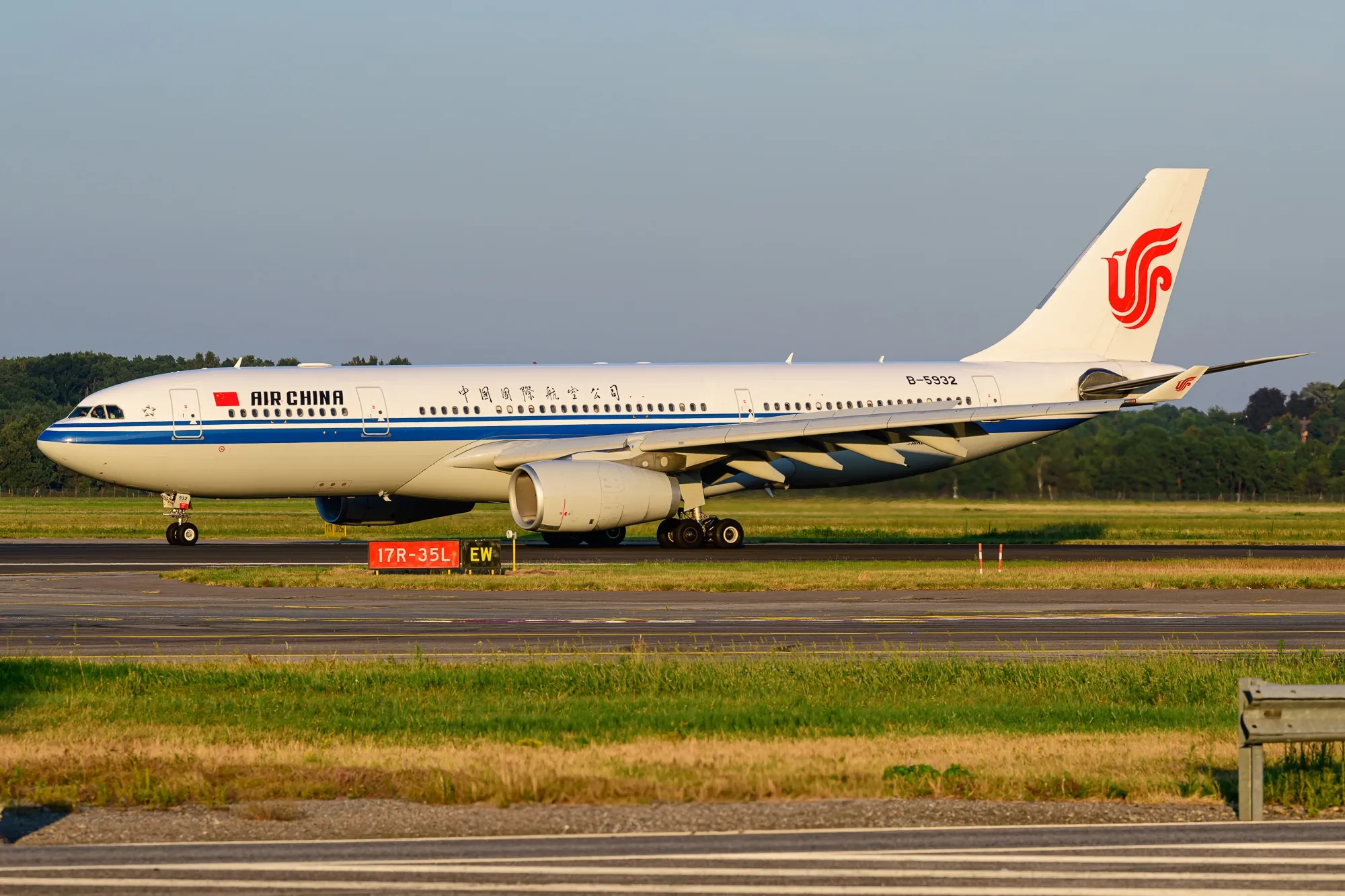
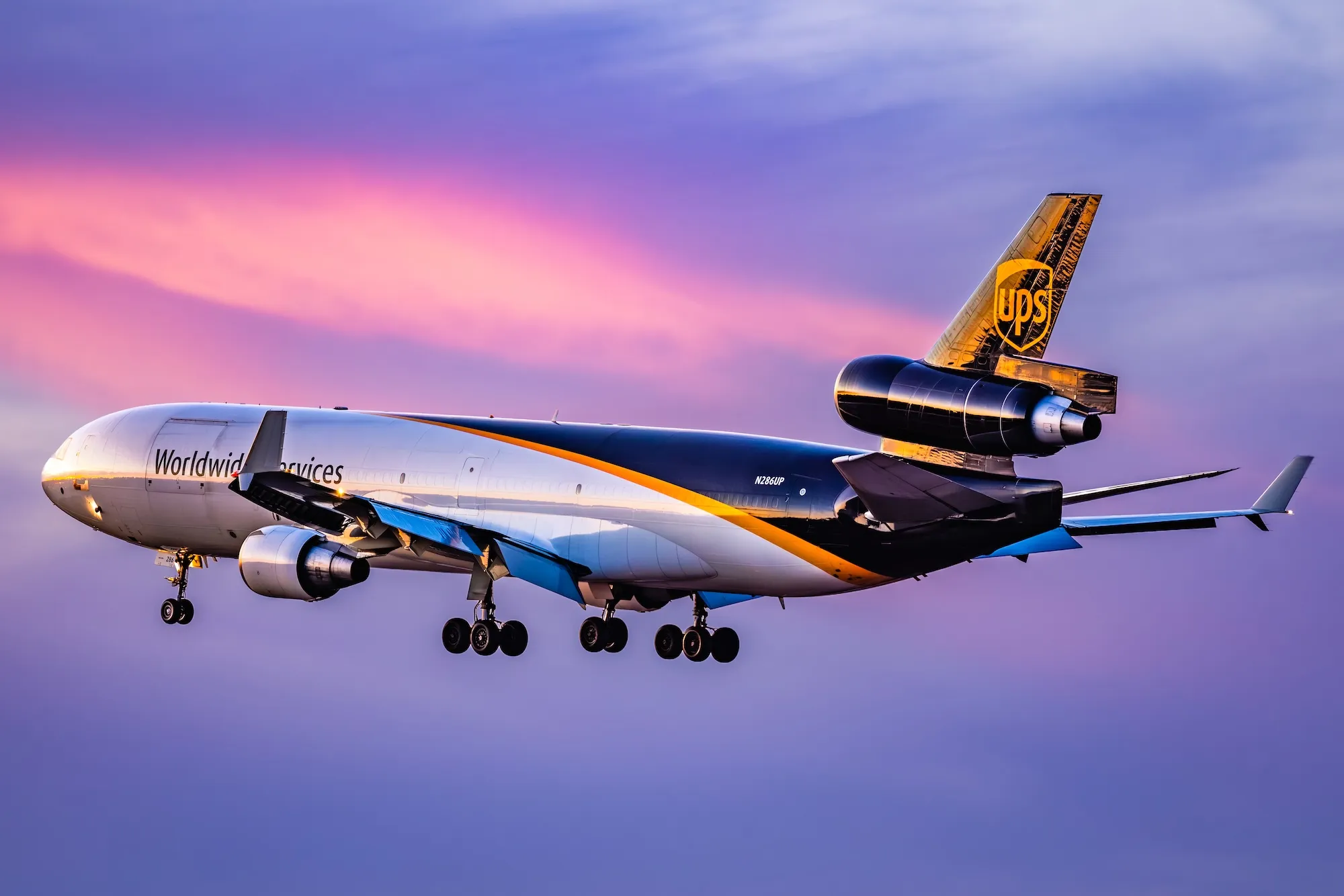
.webp)